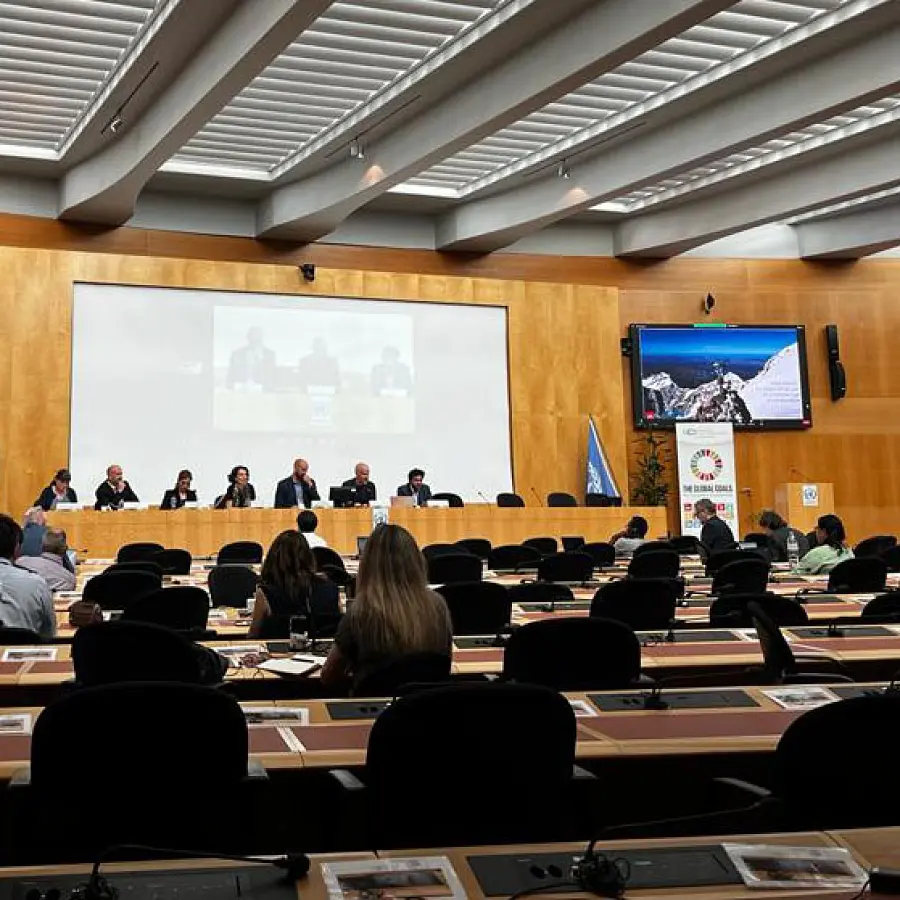The Challenge
Mountain regions provide multiple ecosystem services to society globally (e.g., water), and host disproportionately high biodiversity. Yet mountain climates are changing rapidly, and direct anthropogenic impacts continue to add further pressure on these vulnerable landscapes. Policy-makers, environmental managers, and others need accurate, timely, and high spatio-temporal resolution data on mountain social-ecological systems. However, obtaining observational data in mountains is often inherently challenging. Moreover, accessing what does exist can be time-consuming and scientific knowledge often lacks practical applicability for decision-making.
The Solution
The core challenges of improving data discoverability and accessibility are being addressed through two inventories; the GEO Mountains In Situ Inventory and the GEO Mountains General Inventory. We also lead and contribute to various peer-reviewed articles that seek to substantiate and contribute perspectives on mountain monitoring and observation, identify data gaps, and exploit existing data to address key scientific questions and policy needs. Finally, we aim to mediate an ongoing dialogue between mountain data users and mountain data providers, share capacities within and between global mountain regions, support Early Career Professionals, and heighten the impact that the mountain community has in global policy fora. We place a strong emphasis on communication and Open Science.





